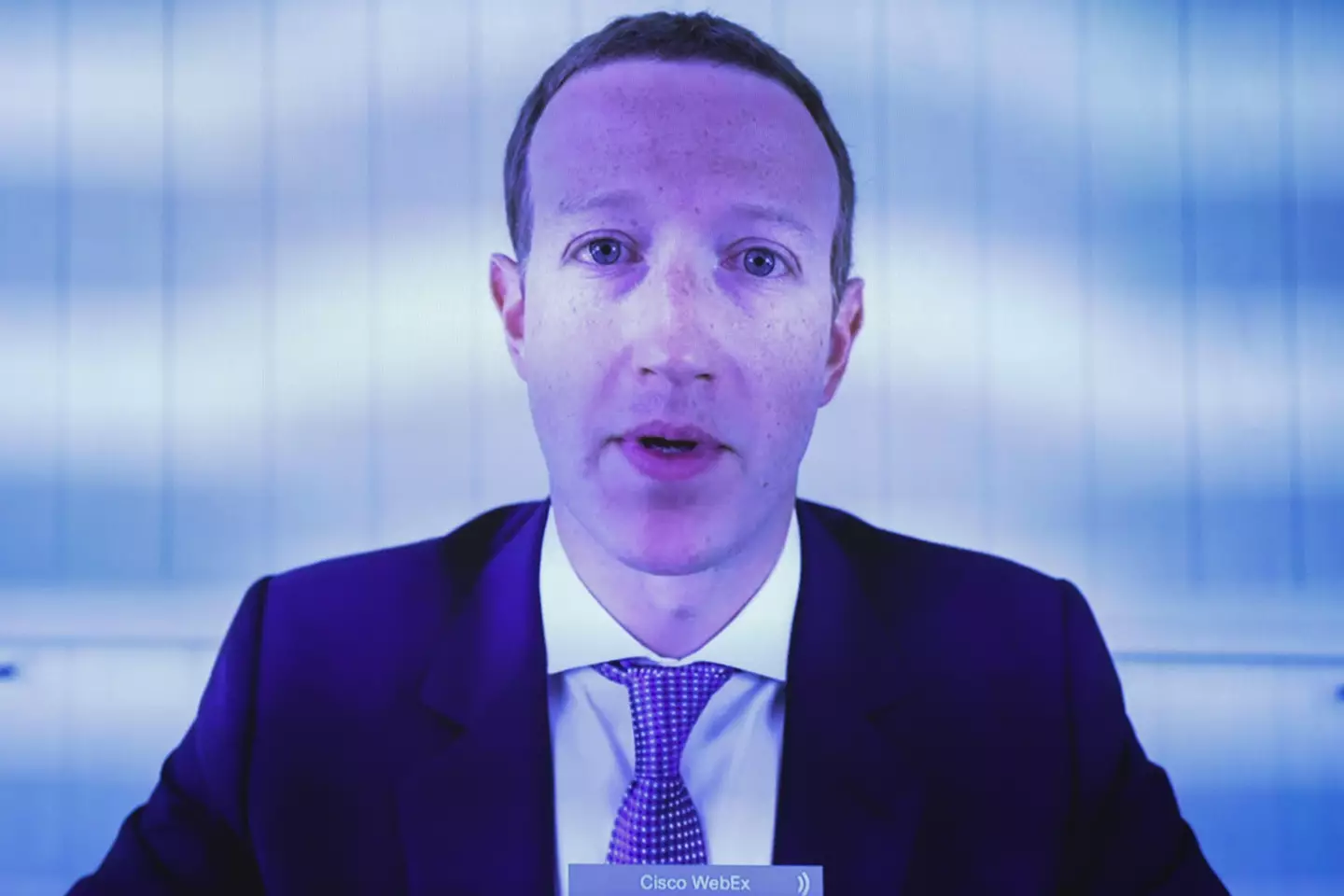
Meta Platforms Inc will have to cough up the big bucks after reaching a court settlement after a lawsuit accused the parent company of Facebook and Instagram of tracking their movements via their smartphones without consent.
A preliminary settlement of the proposed class action was filed on Monday (August 22) in San Francisco's federal court.
The settlement of $37.5 million ($AUD 54.1 million, £31.6 million) requires a judge's approval to go forward.

Advert
The settlement resolved claims that the social media giant violated California law as well as its own privacy policy by harvesting data from users who turned off location tracking on their mobile phones.
Users claimed that while they did not want to share their locations with Facebook and had disabled the location services feature, Meta inferred where they were located from their IP (internet protocol) addresses.
This information was then used to send them targeted advertising.
Facebook has denied any wrongdoing in agreeing to settle the legal claim.
The settlement will cover people in the United States who used Facebook after January 30, 2015.
Meta CEO Mark Zuckerberg said in June 2018 told US Congress that the company uses location data 'to help advertisers reach people in particular areas'.
"For example, if people have shared their device locations with Facebook or have checked into a specific restaurant, we can show them organic posts from friends who have been in that location or can show them ads from an advertiser that wants to promote its services in their area or from the restaurant," he told the US Senate Committee on the Judiciary.

Meta's latest legal woes come just eight months after Facebook announced it will shut down its facial recognition system amid widespread privacy concerns from users and regulators.
The social network first introduced face recognition back in 2010, though it became an area of focus shortly after its acquisition of Instagram two years later.
If you’re a Facebook user, you’ll likely know that the platform scans photos for people’s faces and will suggest who you should tag if you haven’t already done so.
Vice president of artificial intelligence Jerome Pesenti attributed the change to ‘growing concerns about the use of this technology as a whole’ in a blog post.
"There are many concerns about the place of facial recognition technology in society, and regulators are still in the process of providing a clear set of rules governing its use. Amid this ongoing uncertainty, we believe that limiting the use of facial recognition to a narrow set of use cases is appropriate," he wrote.
Topics: Facebook, Social Media, News, US News
